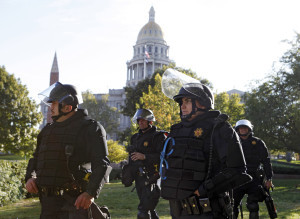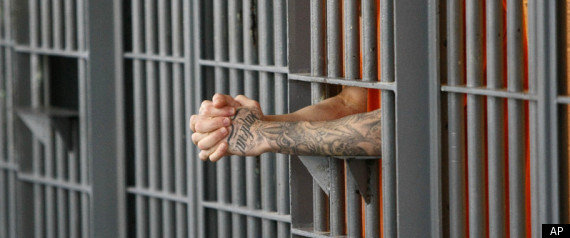 For all the lunacy of the past few days, the week’s most lingering image of Rob Ford had nothing to do with Marg Delahunty.
For all the lunacy of the past few days, the week’s most lingering image of Rob Ford had nothing to do with Marg Delahunty.The moment came about earlier in the week. It’s already been obscured by the feeding frenzy around the mayor’s 911 calls, but on Tuesday, Toronto’s city council passed a ban shark fins, which are often brutally harvested from live fish.
It was an odd debate, which went on for hours in a chamber packed full of interested onlookers. Council, which is more used to considering budgets and rights-of-way, was suddenly considering motions – projected on a storey-high screen—like “Amend the Licensing and Standards Committee Recommendation 1 by inserting the word “illegal” before the word “shark”…” One young man, bearded and wide-eyed, came in a shark outfit. All the reporters asked him for a quote.








